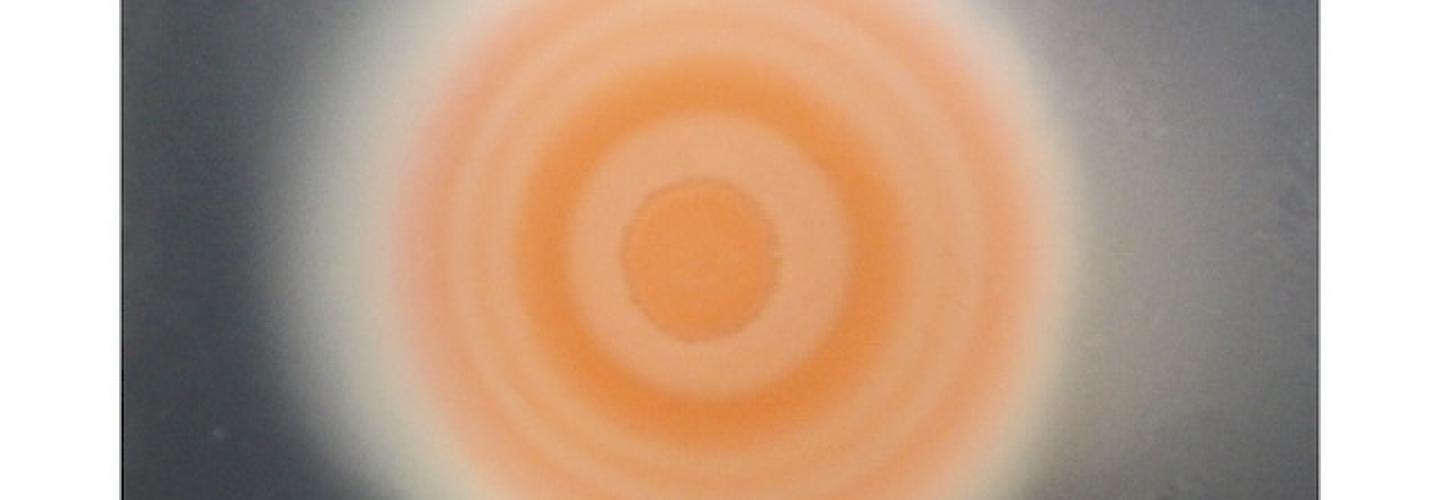Depending upon funding, graduate students take 4 course units (CUs) per semester during their first year in the program. Students funded by Educational Fellowships, Research Fellowships and/or Training Grants will take four courses in both the fall and spring semesters. If funded by Teaching Assistantships, students take three courses in both semesters.
A typical student program is as follows:
First Year (Educational Fellowship)
FALL
- Meet with Advising/Assessment Committee to discuss Fall course registration and lab rotation selection. Meeting will occur during New Student Orientation (Scheduled for August 23 and August 24, 2017).
- Take Bioethics Training during New Student Orientation.
- Attend Department Seminar - scheduled for October 5, 2017.
- Fulfill four course requirements plus one lab rotation for a total of 4 CUs. Lab rotation will run for 8 weeks, from October 16, 2017 through December 8, 2017. Meet with Advising/Assessment Committee in late December 2017 or early January 2018 to review academic progress and to discuss Spring 2018 course selection and lab rotation selections.
SPRING
- Fulfill last three required courses plus two lab rotations for a total of 4 CUs as determined by the Advising/Assessment Committee. The second lab rotation will run from January 8, 2018 through March 2, 2018. The final lab rotation will run from March 12, 2018 to May 4, 2018. Students may postpone the final lab rotation until Fall semester of the second year of study with approval by the Advising/Assessment Committee.
- Meet with Advising/Assessment Committee in May for review of academic performance to date.
SUMMER
- Start research work in chosen lab.
Second Year (Teaching Assistantship)
FALL
- Attend Teaching Assistantship Training. Students are required to attend TA training sessions that will be held during the third week of August. Students must plan to be on campus no later than August 20, 2018.
Take Bioethics seminar during TA Training Sessions. - Enroll in Independent Study or any additional courses as recommended by the Advising/Assessment Committee for a total of 3 CUs.
- Fulfill one semester of teaching requirement.
- Complete third lab rotation if not done in first year.
- Meet with Advising/Assessment Committee in early January 2019 for student assessment, including grades, lab rotation evaluations, and teaching performance.
- After a satisfactory assessment, student will then prepare for candidacy exam.
SPRING
- Enroll in Independent Study or any additional courses as recommended by the Advising/Assessment Committee for a total of 3 CUs.
- Meet with Advising/Assessment Committee in preparation for candidacy exam. The Advising/Assessment Committee will notify the student of the exam committee members.
- Fulfill second semester of teaching requirement.
SUMMER
- Take candidacy exam during first week of June 2019. Exam consists of a written document and oral presentation outlining thesis proposal.
- If student passes exam, student will select members for thesis committee. The Candidacy Exam Report will be sent to the committee members upon approval by the Graduate Chair.
- If the exam is not passed, the student can request a re-examination with decision being determined by thesis committee.
- If request is granted, student must re-take the exam prior to the start of the upcoming Academic Year (by the end of August 2019).
Third Year and Beyond (Research Fellowship/Teaching Assistantships)
- Student is now on Dissertation status after meeting all program requirements, 7 required courses, teaching, lab rotations, bioethics training, and candidacy examination
- First meeting with thesis committee within six (6) months after successful completion of candidacy exam.
- Additional meetings must take place at least once a year or at the discretion of the thesis committee.
- Students can take one course each semester while on dissertation if agreed by thesis advisor.
- Students must present a poster at the Department Retreat unless an exception is granted. Information about the Department Retreat and the poster session can be found at the retreat web page.
- Final degree requirements include oral public defense of thesis and written dissertation. Student must receive approval by thesis committee in order to schedule the defense and prepare for graduation.

